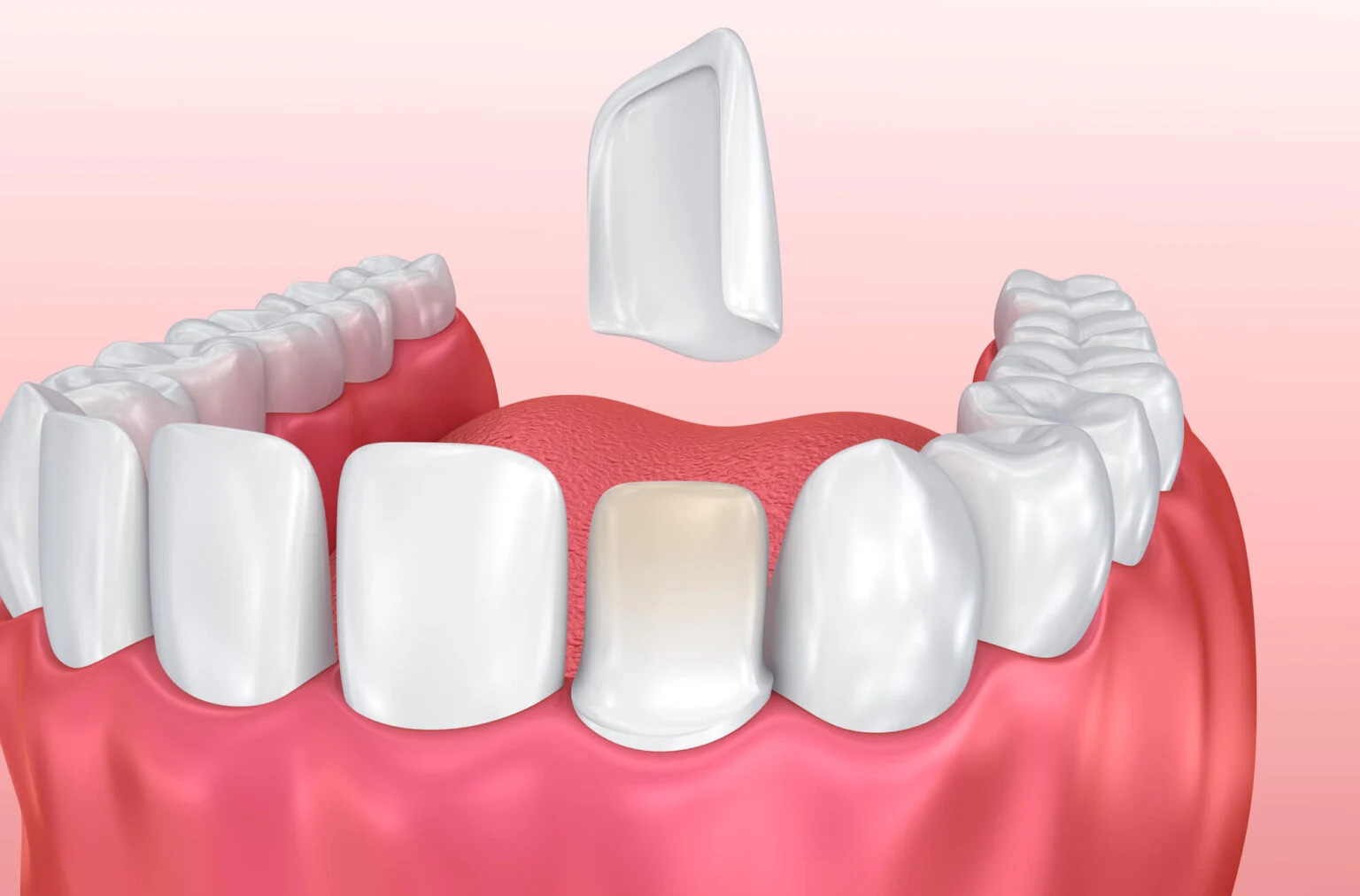
Veneers are a common option for those who want to improve their smile. Your teeth’s front surface is covered by these thin, beautifully crafted shells, giving them a polished, appealing appearance. If you’re considering dental veneers in Nagpur or already have them, you might wonder how long they last and how you can ensure they stay in top shape for as long as possible. Let’s dive into these questions and more.
What Are Dental Veneers?
Most dental veneers are composed of composite resin or porcelain. Compared to resin veneers, porcelain veneers are more stain-resistant and closely resemble natural teeth’s light-reflecting characteristics. On the other hand, composite resin veneers are less expensive and can be placed faster. The goal of both varieties is to make your teeth look better by hiding flaws including chips, discolouration, and gaps.
How Long Do Dental Veneers Last?
The lifespan of dental veneers largely depends on the type you choose:
- Porcelain Veneers: These can last 10 to 15 years, sometimes even longer, with proper care.
- Composite Resin Veneers typically last around 5 to 7 years but can sometimes last longer with diligent maintenance.
Your oral hygiene habits, lifestyle choices, and dentist’s expertise can also influence the longevity of your veneers. Let’s explore some tips to help you extend the life of your veneers.
Tips to Increase the Lifespan of Your Veneers
1. Maintain Excellent Oral Hygiene
Maintaining the health of your veneers and the underlying teeth depends on practicing good oral care. Here are some pointers:
- Brush Twice a Day: To protect the veneers, use a toothbrush with soft bristles and non-abrasive toothpaste.
- Floss Every Day: Flossing helps keep food particles and plaque out from in between your teeth, which helps to prevent decay and gum disease.
- Use an Antibacterial Mouthwash: This can help reduce bacteria in your mouth, protecting your veneers and natural teeth.
2. Visit Your Dentist Regularly
Regular dental check-ups are necessary for maintaining your veneers. Your dentist can:
- Check for Issues: Identify problems early, such as chips or wear.
- Professional Cleaning: Remove plaque and tartar that regular brushing can’t.
- Advice on Care: Provide specific tips tailored to your needs.
3. Avoid Hard Foods and Objects
While veneers are durable, they can still be damaged by hard or sticky foods and objects. To prevent damage:
- Avoid Chewing on Hard Items, Such as ice, pens, or fingernails.
- Be Cautious with Certain Foods: Hard candies, nuts, and bones can cause chips or cracks.
4. Protect Your Teeth from Grinding
Teeth grinding (bruxism) can severely damage your veneers. If you grind your teeth:
- Wear a Night Guard: A custom-fitted night guard can protect your teeth while you sleep.
- Manage Stress: Stress can contribute to teeth grinding, so consider stress-reducing techniques like meditation or exercise.
5. Limit Staining Foods and Drinks
While porcelain veneers are stain-resistant, composite veneers are not. Even porcelain veneers can accumulate stains over time if not cared for properly. To minimize staining:
- Red wine, tea, and coffee should be avoided as they can discolour your veneers.
- Give Up Smoking: There can be noticeable stains from tobacco products.
- Rinse Your Mouth: After consuming meals or beverages that stain, rinse your mouth with water.
6. Avoid Abrasive Toothpaste
Some toothpastes contain abrasive ingredients that can scratch and dull the surface of your veneers. Use a toothpaste recommended by your dentist. Ideally, one is formulated for use with veneers.
7. Wear Protective Gear During Sports
Wearing a mouthguard can safeguard your veneers from impact if you play contact sports. A custom-fitted mouthguard offers the best protection and comfort.
8. Be Mindful of Your Habits
Certain habits can shorten the lifespan of your veneers. Be mindful of:
- Using Teeth as Tools: Avoid opening packages or bottles with your teeth.
- Biting Nails: This can cause unnecessary stress on your veneers.
What to Do If a Veneer Gets Damaged
Despite your best efforts, veneers can sometimes get damaged. If this happens:
- Contact Your Dentist Immediately: They can assess the damage and determine the best action.
- Avoid Self-Repair: Do not attempt to fix a damaged veneer yourself. Professional intervention is necessary to ensure proper repair.
Conclusion
Dental veneers are a fantastic way to enhance your smile, and they can last many years with proper care. You can significantly extend the lifespan of dental veneers in Nagpur by maintaining good oral hygiene, visiting your dentist regularly, avoiding hard foods, and protecting your teeth from grinding and impact. Remember, your smile is an investment; taking the time to care for it will ensure it remains bright and beautiful for years.







